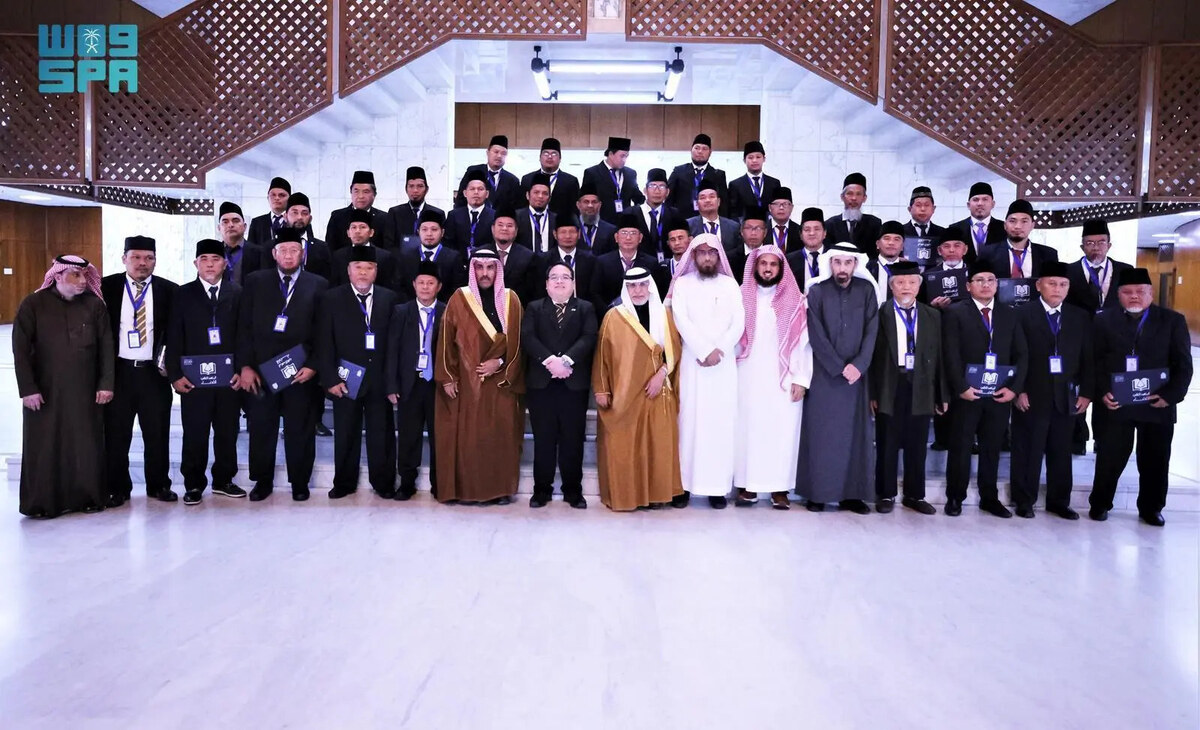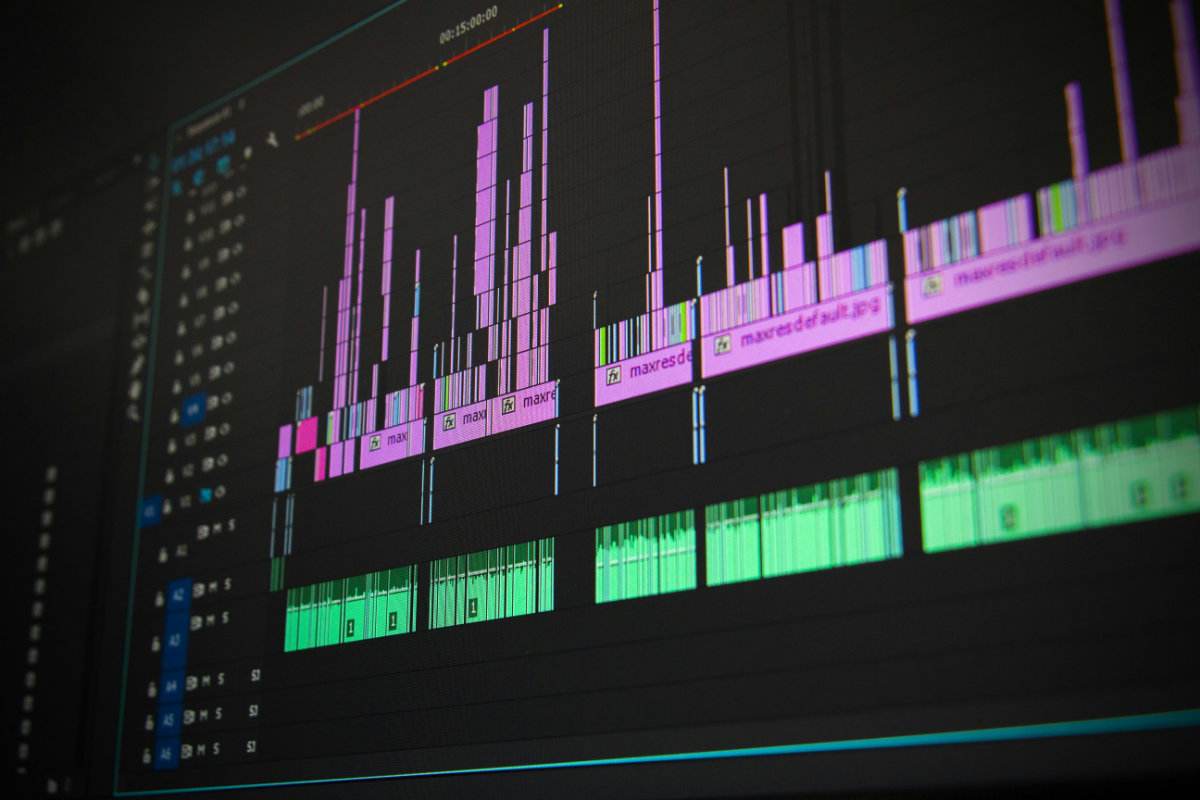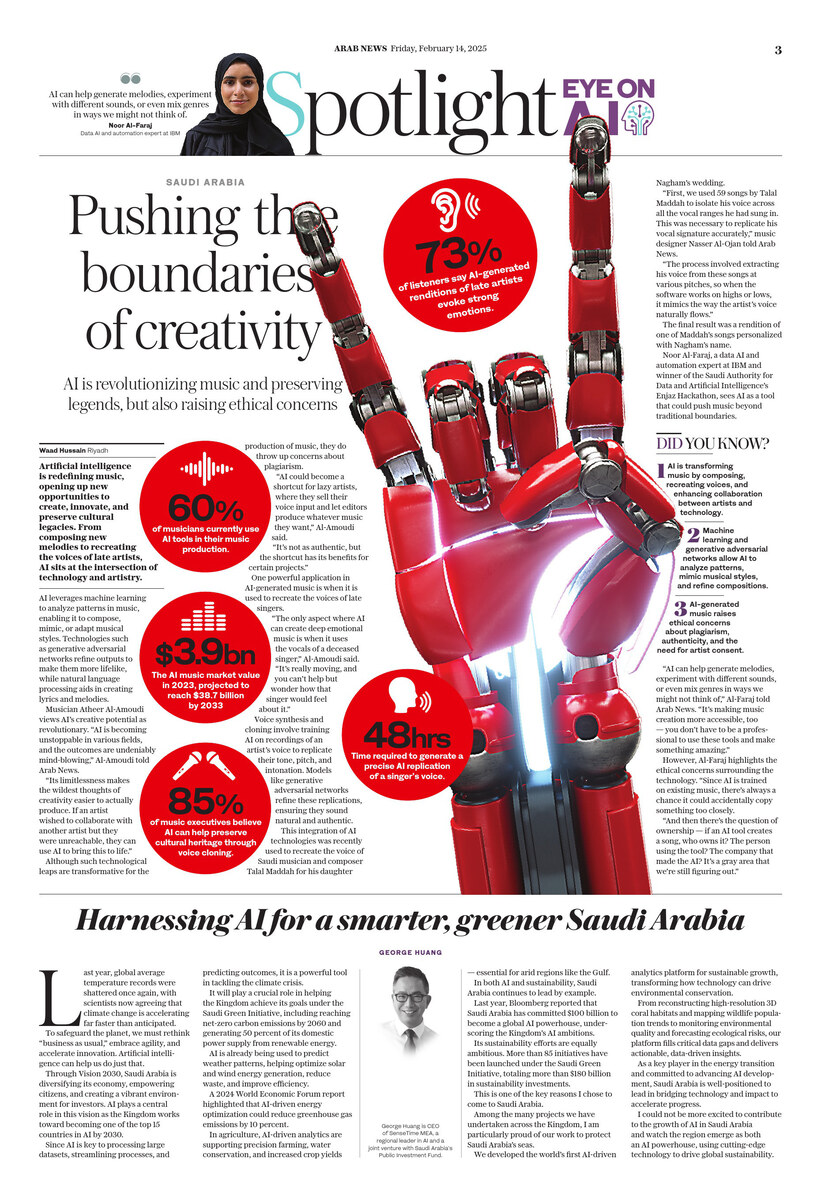RIYADH: Saudi Arabia is positioning itself as a top destination for health and wellness tourism, working to develop specialized healthcare facilities and wellness resorts to attract international visitors.
At the Global Health Exhibition, held in Riyadh Oct. 21-23, Dr. Saad Baslom, Advisor for Health Tourism and Complementary Medicine, shared valuable insights into Saudi Arabia’s growing prominence in health tourism.
Baslom participated in a session at the forum titled “Investment Opportunities in Health Tourism and Wellness in KSA,” where he discussed the country’s position as a leader in global health tourism.
Highlighting the Kingdom’s advancements, he told Arab News: “The Saudi Ministry of Health is actively transforming the healthcare system by fostering partnerships with the private sector and integrating complementary medicine into mainstream healthcare. Acupuncture and herbal medicine are now key components in providing holistic care.”
This integration positions Saudi Arabia as a destination offering a comprehensive health tourism experience, enriched by the nation’s deep-rooted customs and traditions, according to Baslom.
One prominent example of the country’s new wellness tourism offerings is AMAALA, a luxury wellness project on the Red Sea coast, the first phase of which is set to be completed by 2025.
It is expected to contribute SR11 billion ($2.9 billion) to the economy and create 50,000 jobs.
The AlUla Wellness Festival, another key initiative, promotes wellness travel. Held annually in one of Saudi Arabia’s most iconic heritage sites, AlUla, the festival focuses on physical and mental well-being through ancient healing practices, yoga sessions, meditation and other activities.
Baslom elaborated on the unique cultural context that makes Saudi Arabia stand out: “What distinguishes the emotional experience and perhaps creates the desire among medical tourism visitors is the nature and spirit of the Kingdom.
“It is this inheritance through successive generations in the history of this region… This is what creates the desire and that image that is formed in our minds when we want to experience something or want to visit a country.”
The blend of tradition and modern medical expertise appeals to international patients seeking not only treatment but also a meaningful connection with the culture.
Sustainability is a cornerstone of Saudi Arabia’s health tourism strategy. Baslom explained how the Kingdom prioritizes environmentally friendly practices: “Sustainability is an essential component of Saudi Arabia’s health tourism strategy.
“By prioritizing environmentally friendly practices in healthcare facilities, the Kingdom aims to minimize its ecological footprint while providing exceptional care.
“This commitment extends to the use of herbal treatments, which align with sustainable practices by promoting natural remedies that are both effective and respectful of the environment.”
He further emphasized the importance of digital health services that reduce travel needs and support environmental sustainability.
“The integration of digital health solutions, such as telemedicine and e-health services, further supports sustainability goals. These innovations reduce the need for travel, lowering carbon emissions and making healthcare more accessible,” he said.
Saudi Arabia’s healthcare infrastructure also plays a pivotal role, he said.
“The Kingdom’s commitment to achieving international accreditation for its healthcare facilities ensures that they meet rigorous quality standards,” Baslom said.
“This dedication enhances the appeal of the Kingdom as a destination for international patients seeking reliable and high-quality healthcare services.”
The Kingdom is actively building partnerships across healthcare, tourism, and other sectors to enhance the visitor experience.
“Facilities such as King Fahd Medical City and King Faisal Specialist Hospital are at the forefront of offering acupuncture and herbal medicine, supported by qualified practitioners who adhere to strict regulatory standards,” Baslom added.
As the Kingdom continues to expand its healthcare offerings, Baslom is optimistic about the future: “Saudi Arabia’s medical and wellness tourism is supported by a diverse network of partners, including prominent healthcare institutions and travel agencies, enhancing the overall visitor experience and showcasing the Kingdom as a destination for holistic wellness.”
































